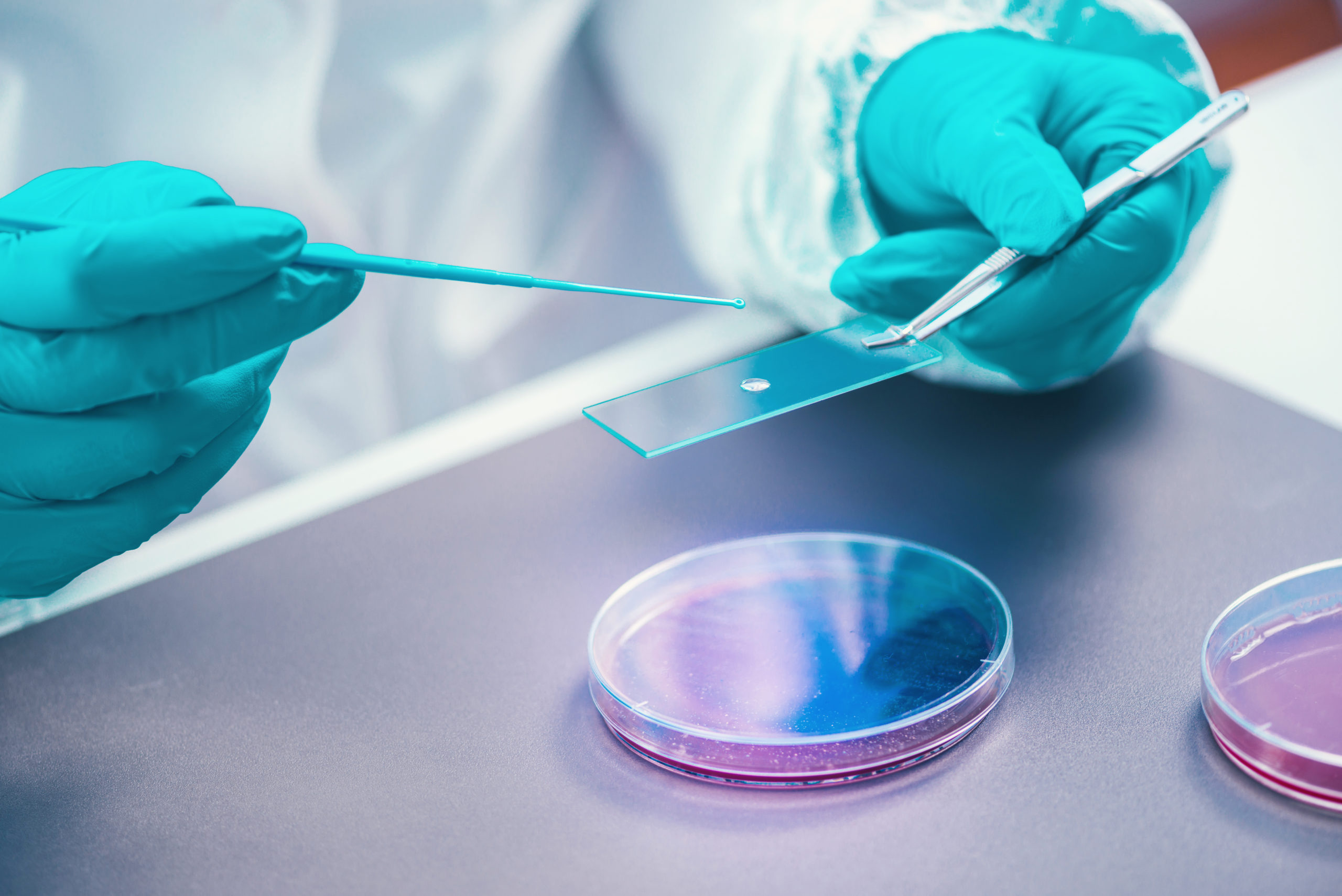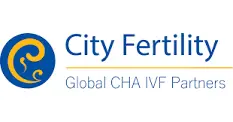Most women will go on to have a healthy pregnancy, however sometimes a baby can be at risk of chromosomal disorders. The Non-Invasive Prenatal Test (NIPT for short) is offered in the first trimester to provide a pregnant woman with more information about her unborn baby. In particular, the NIPT determines the risk of carrying a baby with Down syndrome (trisomy 21), Edward Syndrome (trisomy 18) and Patau Syndrome (trisomy 13). The popularity of the NIPT has risen in Australia over the last two years, with testing now carried out in the country.
How is the NIPT performed?
Our bodies carry 46 chromosomes in each cell, 22 pairs of autosomes and one pair of sex chromosomes. The NIPT will detect if there is an extra copy of a chromosome in the cells of the body by analysing the DNA shed from the developing placenta into the maternal blood stream. A simple blood test at ten weeks gestation is all that is required, and your obstetrician or GP will provide you with a request form. The NIPT is performed at a pathology collection centre and usually requires booking ahead of time. It will take between five and seven business days to receive the results and your obstetrician or GP will inform you of these.
What does the NIPT look for?
The NIPT is very specific about the chromosomes it is testing and does not screen for all fetal abnormalities. It gives a calculated risk for three of the most common trisomies, 21,18,13. Trisomy 21, known as Down syndrome, affects approximately 1:800 babies. Maternal age is a common factor for Down syndrome. Edward syndrome (Trisomy 18) is the second most common chromosomal condition due to a third chromosome at birth, after Down syndrome. Edward syndrome and Patau syndrome (Trisomy 13) are both associated with high rates of miscarriage or stillbirth and surviving babies have major anatomic abnormalities, intellectual handicap and a shortened lifespan. They occur in about 1 in every 5000 – 13000 live births.
How accurate is the NIPT?
The NIPT can detect up to 99% of babies with a 1:1000 false detection rate. It can also detect the sex of the baby to an accuracy of 90%.
It is important to note that chromosome 21, 18 and 13 only account for 85% of all chromosome abnormalities, and the NIPT test will not detect the remaining 15%. We always recommended that you have the nuchal test performed at the end of the first trimester to detect any other issues.








